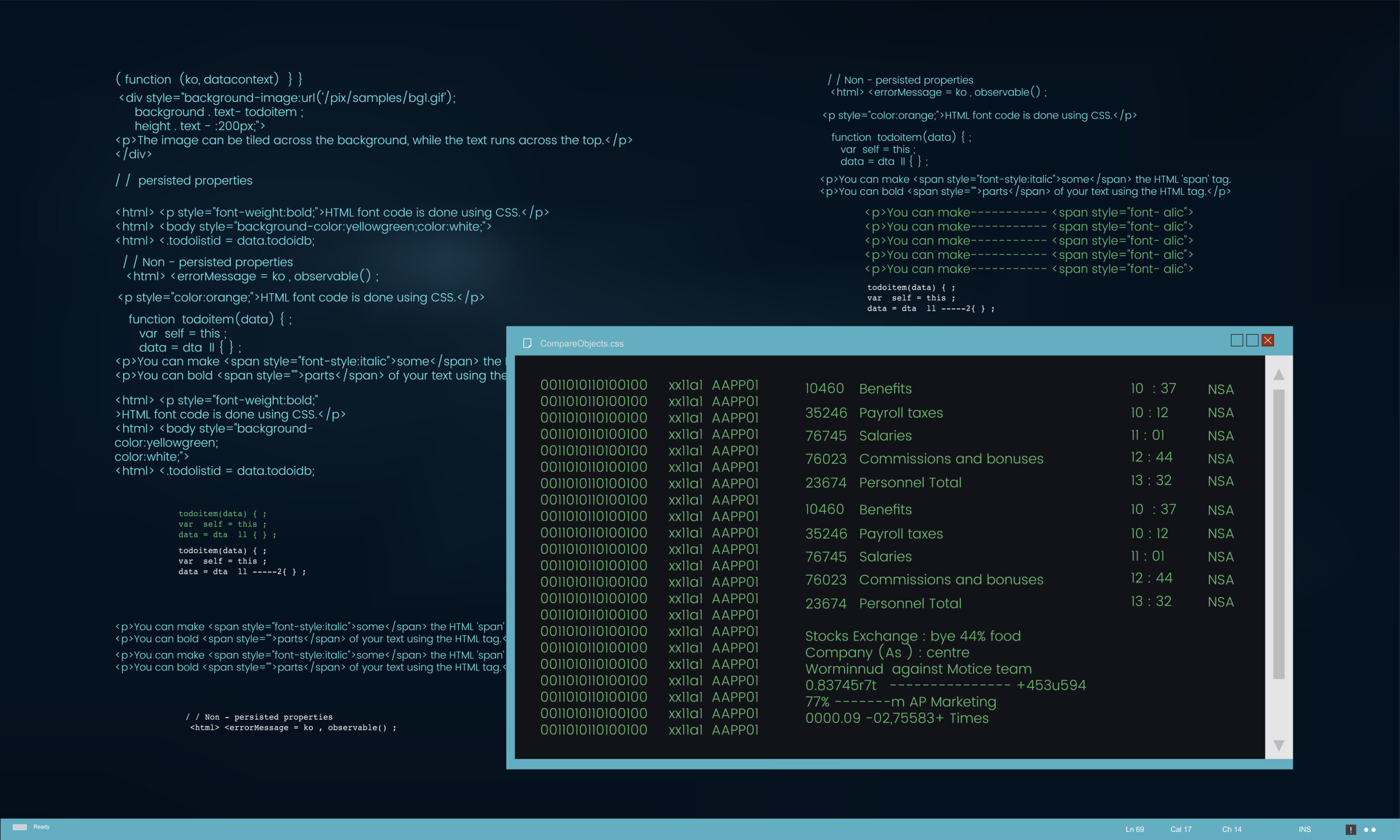Blog
Is a Coding Bootcamp Still Worth It in 2025? A Realistic Look

A few years ago, the coding bootcamp was the undisputed tech career rocket ship. The recipe was straightforward: get yourself into an intensive, three-month program, and emerge into a white-hot job market starving for developers. Success stories abounded, and the coding bootcamp was a reference point of choice for ambitious career switchers.
The world has changed in 2025.
The tech industry has seen a sorely needed adjustment. We’ve seen across-the-board layoffs, high-firm hiring freezes, and floods of new talent freshly on the market. The bar for entry-level has been raised, and the “easy street” to a six-figure income seems to be over.
This has led to many prospective developers to ask a skeptical question: In this new, more competitive environment, is a coding bootcamp worth the money, time, and sweat?
Yes, but with an enormous asterisk. The bootcamp model remains the best model for acquiring useful, job-ready skills, but the mindset and expectation of success have shifted at the foundational level.
Here’s a realistic estimate of the value of a coding bootcamp in 2025.
The Market Has Changed: From “Growth at All Costs” to “Proven Value”

The biggest shift is in what corporations are looking for. The days of hiring low-level coders with minimal experience and teaching them the ropes are in the past. In 2025, corporations are risk-averse. They need to see evidence that a new hire will be productive on day one.
Earlier, the hiring managers used to think that they can simply hire the candidates and check later if they can perform the given tasks. However, now, they give more importance to the track records or profile of the candidate to check their experience and expertise.
Now, being a graduate of a bootcamp is no longer enough. Your success today lies in how capable you are at proving yourself.
So, Where Does a Bootcamp Still Provide Value?
Even in a more challenging market, a quality coding bootcamp offers an organized edge that is hard to accomplish through independent learning.
1. A Laser-Focused, Contemporary Curriculum
The tech world is fast-paced. A good bootcamp updates its course regularly by learning today’s hottest tools and frameworks. You won’t waste time studying last season’s tech. You’ll be studying the modern stack (e.g., React, Python/Django, Node.js) that businesses are using to build their products right now.
2. The Authority of Structure and Accountability
Let’s be honest: it’s hard to teach yourself how to code. It’s simple to become frustrated, waste days on a bug without making any progress, or become stuck in “tutorial hell.” A bootcamp provides a rigorous, disciplined environment that forces you to show up and code each day. Having someone hold your feet to the fire is far too frequently the primary reason a student succeeds.
3. Building a Real Portfolio, Not Just Following Tutorials
Your most important tool when looking for a job is your portfolio. Project-based learning is how a bootcamp is structured. You will create several, full-stack applications from the ground up, topped off with a capstone project that will be the linchpin of your professional portfolio. This is concrete evidence of your abilities.
4. Intensive, Specialized Career Services
The career search is the “second bootcamp,” and a solid program trains you for it mercilessly. This is a big plus over teaching yourself. You receive:
- Technical Interview Prep: Working on algorithms and data structures.
- Resume & Portfolio Reviews: Technology industry-specific.
- Networking Opportunities: Access to alumni and hiring partners.
- Behavioral Coaching: Figuring out how to describe your path and your worth.
The New Rules for Success in 2025
If you’re considering a bootcamp today, you need to adopt a new mindset. Here’s what it takes to succeed:
- Go Beyond the Curriculum: The curriculum for bootcamp is the starting point, not the destination. You must be a “T-shaped” programmer. Dig deep on the fundamentals taught in class, but also dabble in related topics that excite you. Create a small side project. Read the docs. Demonstrate that you’re a curious and self-driven learner.
- Your Portfolio is Your Everything: One, defective capstone project is not going to do it. Your projects must be shippable, hosted online, and address an actual (though possibly minor) need. The code must be nice, and your GitHub READMEs should be professional and well-written.
- Networking Is Not Optional: In a competitive economy, using a job portal is the worst approach. You must get in touch with individuals. Network with alumni of your bootcamp. Get to know engineers at firms you respect on LinkedIn. Join virtual meetups. A warm intro is exponentially more effective than a cold apply.
- Be Patient and Persevere: The days when one would land a job within a week of clearing the graduation exams are gone to a great extent. It may take 3-6 months, and sometimes even longer, to secure a job. You will get rejected for sure. What is important here is to invest a full-time job in job hunting itself, remain persistent, and continue upgrading your skills and projects.
Conclusion: It’s a Tool, Not a Magic Wand
Then, is a coding bootcamp still worth it in 2025? Yes, if you consider it what it is: a very effective tool, but not a magic wand.
The bootcamp gives you the structure, the tools, and the blue print. It puts you into fast forward learning, which is hard to do by yourself. But it won’t get you a job. Your success is based on what you layer on top of that.
If you are ready to think outside the curriculum, create a standout portfolio, network with abandon, and remain tenacious through an arduous job hunt, then a coding bootcamp online or offline is still one of the most potent investments you can make in your own career. It’s a steeper mountain to climb than it was a few years back, but the panorama from the summit is still well worth it.
